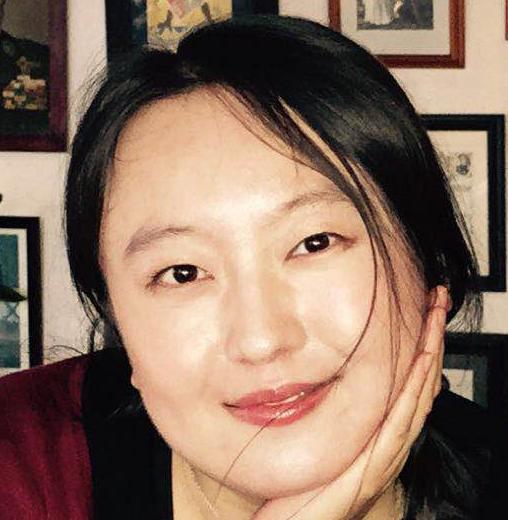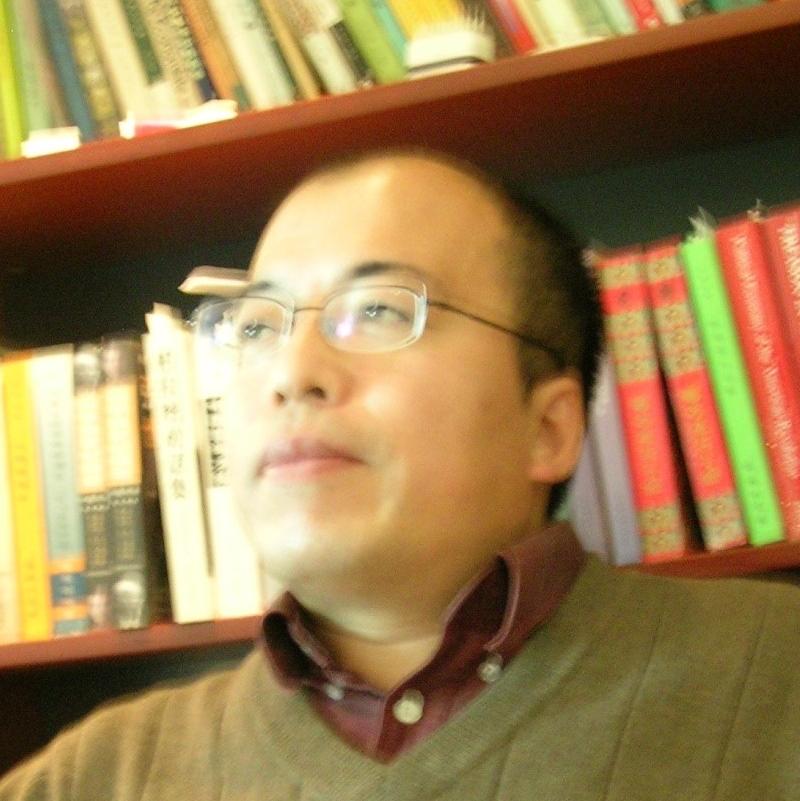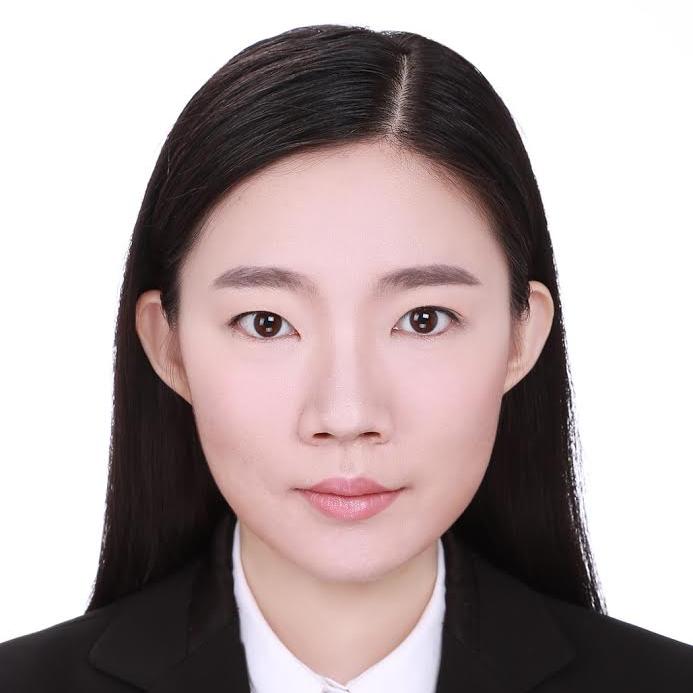The attendees of the annual World Economic Forum in Davos are not exactly used to being told what to do. The Swiss resort draws the global elite: The highest-powered investment bankers, the top government officials and leaders, the biggest philanthropists, and the most famous celebrities, who gather each year to solve the world’s most pressing problems and still have time for evening cocktails.
But in January 2009, the Davos crowd had to listen to a blistering lecture from a most unlikely source. The first senior Chinese leader to attend the World Economic Forum, former premier Wen Jiabao, some thought, might take a low-key approach to his speech to the Forum. But at Davos, that genial grandpa was not in evidence. Months after Lehman Brothers collapsed, triggering the global economic crisis, Wen told the Davos attendees that the West was squarely to blame for the meltdown roiling the entire world.
Five years earlier, such a broadside from a Chinese leader would have been unthinkable. Until the end of 2008 nearly every top Chinese official still lived by Deng Xiaoping’s old advice to build China’s strength while maintaining a low profile in international affairs. But in 2008 and 2009 the global economic crisis decimated the economies of nearly every leading democracy, while China surfed through the downturn virtually unscathed. The economic crisis, said former U.S. Deputy Treasury Secretary Roger Altman, has left “the American model … under a cloud.”
As Western leaders, policy-makers, and journalists questioned whether their own systems had failed, Chinese leaders began to more explicitly promote their authoritarian capitalist model of development. After all, in the wake of the crisis many Western governments, including France and the United States, bailed out their financial sectors and many of their leading companies. These bailouts made it harder for Western leaders to criticize Beijing’s economic interventions. In Beijing, a raft of new books came out promoting the China model of autocratic development and blasting the failures of Western liberal capitalism. “It is very possible that the Beijing Consensus can replace the Washington Consensus,” Cui Zhiyuan, a professor at Tsinghua University in Beijing, told the International Herald Tribune in early 2010. Suddenly, too, the same Chinese leaders who in the early and mid-2000s still had played the role of the meek learner became, in speeches and public appearances and writings, very much the triumphalist teacher. In one article in the China Daily, one think-tank expert from China’s Commerce Ministry wrote, “The US’ top financial officials need to shift their people’s attention from the country’s struggling economy to cover up their incompetence and blame China for everything that is going wrong in their country.”
Today, China – and to a lesser extent other successful authoritarian capitalists – offer a viable alternative to the leading democracies. In many ways, their systems pose the most serious challenge to democratic capitalism since the rise of communism and fascism in the 1920s and early 1930s. And in the wake of the global economic crisis, and the dissatisfaction with democracy in many developing nations, leaders in Asia, Africa, and Latin America are studying the Chinese model far more closely –a model that, eventually, will help undermine democracy in their countries.
In recent years, the “China model” has become shorthand for economic liberalization without political liberalization. But China’s model of development is actually more complex. It builds on earlier, state-centered Asian models of development such as in South Korea and Taiwan, while taking uniquely Chinese steps designed to ensure that the Communist Party remains central to economic and political policy-making. Like other high-growth Asian economies, China also has created highly favorable environments for foreign investment. Yet in the China model, the Beijing government maintains a high degree of control over the economy, but it is hardly returning to socialism. Instead, Beijing has developed a hybrid form of capitalism in which it has opened its economy to some extent, but it also ensures the government controls strategic industries, picks corporate winners, determines investments by state funds, and pushes the banking sector to support national champion firms. Indeed, though in the 1980s and 1990s China privatized many state firms, the central government still controls roughly 120 companies. Among these are the biggest and most powerful corporations in China: of the 42 biggest companies in China, only 3 are privately-owned.
Since 2008, not only top Chinese leaders but also people across the country clearly have become more confident about Beijing’s place in the world. Some of this confidence is only natural, part of China reclaiming its position as a major world power. But some of the confidence comes from China’s more recent rise during the global economic crisis, which put Beijing in an international leadership role far before its leaders expected.
This increasingly assertive Chinese diplomacy has alienated some other countries, particularly in Asia. Yet along with more forceful diplomacy, Beijing has started to proactively promote its model of development. By the early 2000s, China already had developed training programs for foreign officials, usually from developing nations in Africa, Southeast Asia, and Central Asia. These officials came to China for courses in economic management, policing, and judicial practice, among other areas. At the time, Chinese officials would not necessarily suggest China had an economic model to impart. But by the late 2000s, many of these courses explicitly focused on elements of the China model. Central Asian attendees at Chinese training sessions noted how they increasingly learned about the Chinese judicial system, and then returned to their home countries, where their governments used similar types of control measures over their judiciaries.
Across Southeast Asia, China’s model has gained considerable acclaim. “There are, of course, no official statements from [Southeast Asian] countries about their decisions to follow the Beijing Consensus or not,” writes prominent Indonesian scholar Ignatius Wibowo. “The attraction to the Chinese model is unconscious.”
Still, it is possible to quantify this “unconscious” appeal. Having analyzed surveys of political values in Southeast Asia going back a decade, Wibowo concludes that people in many Southeast Asian share a willingness to abandon some of their democratic values for higher growth, and the kind of increasingly state-directed economic system that many of these countries had, in their authoritarian days, and that China still has today. Southeast Asian nations “have shifted their development strategy from one based on free markets and democracy to one based on semi-free markets and an illiberal political system,” Wibowo writes. “The ‘Beijing Consensus’ clearly has gained ground in Southeast Asia.” Indeed, by examining the political trajectory of the ten states that belong to the Association of Southeast Asian Nations, going back more than a decade, Wibowo found that with only a few exceptions, each country’s political model, examined through a series of political indicators, has moved in the direction of authoritarian China and away from liberal democracy over the past decade, largely because these nations had watched China’s successes, and contrasted it with the West’s failures.
Rising inequality within China, between the favored urban areas and the less well-off interior rural provinces, also threatens to unhinge China’s economic miracle, either through growing waves of protests by rural dwellers or massive popular migrations that unleash instability. Already, China has shifted from one of the most equal – if poor – nations in Asia in the late 1970s to one of the most unequal societies, today, in East Asia. But for now, China has seen relative success in its attempt to quietly impart its model of development to other nations.
Joshua Kurlantzick is Fellow for Southeast Asia at the Council on Foreign Relations and author of Democracy in Retreat (Yale University Press), from which this essay is adapted.



